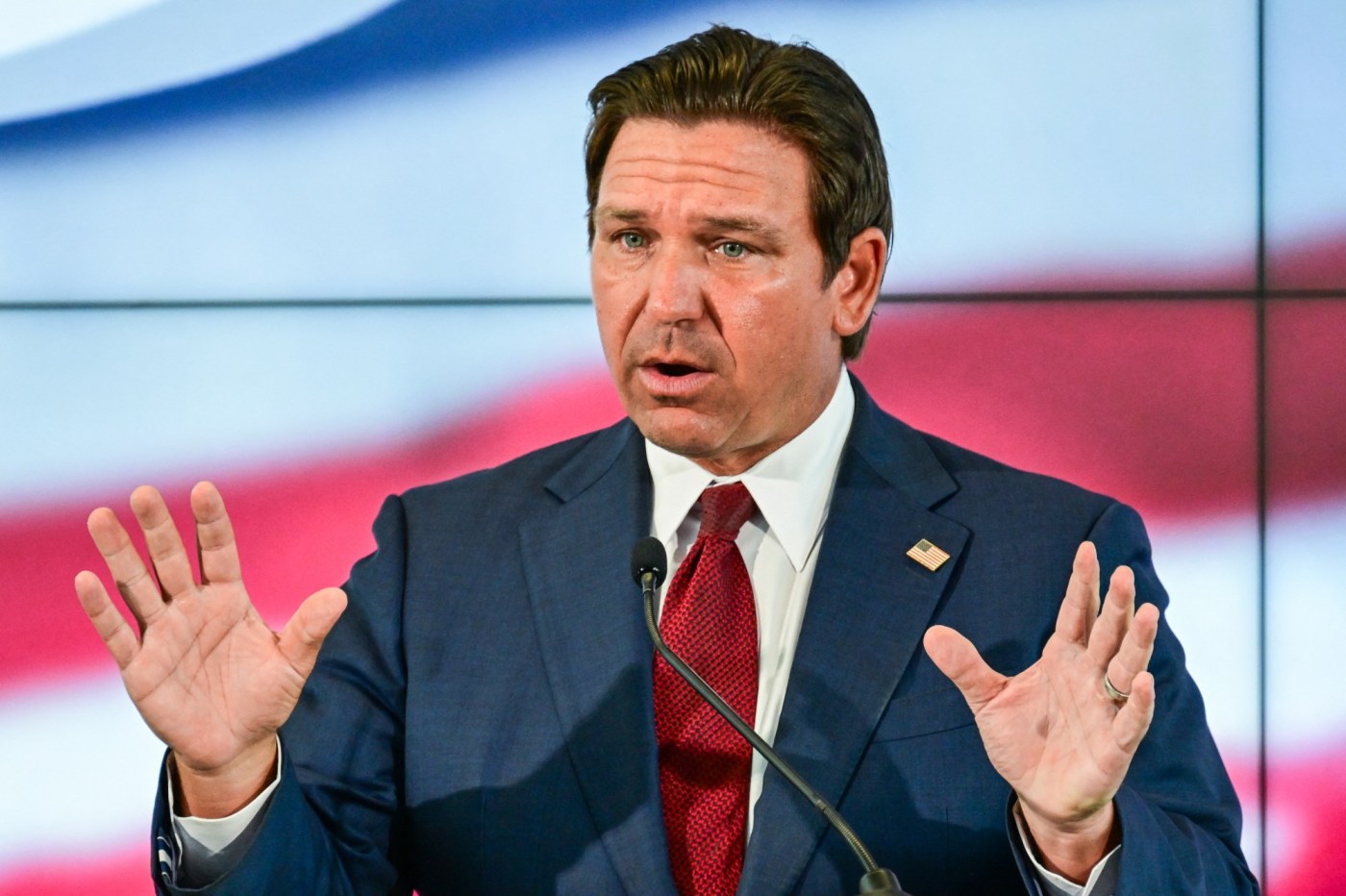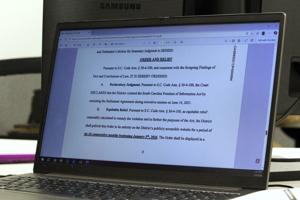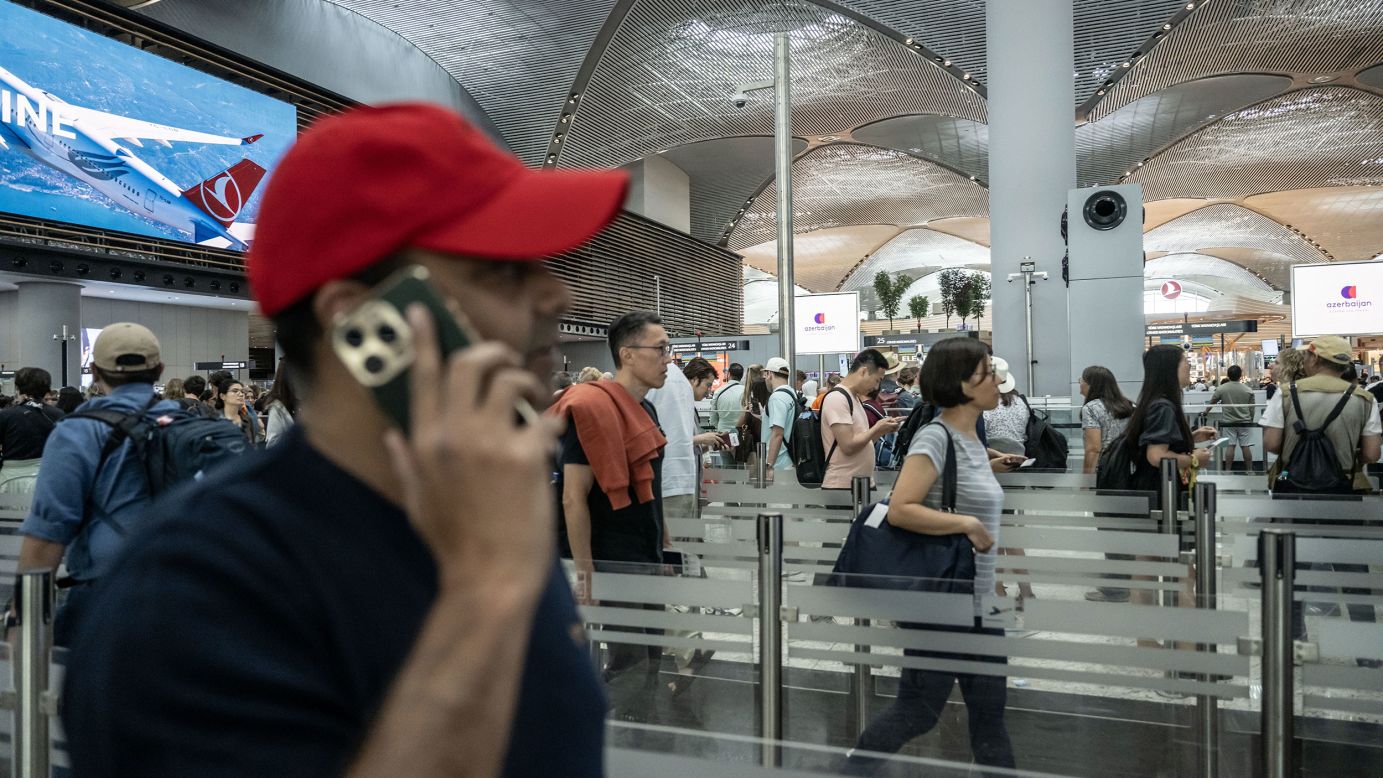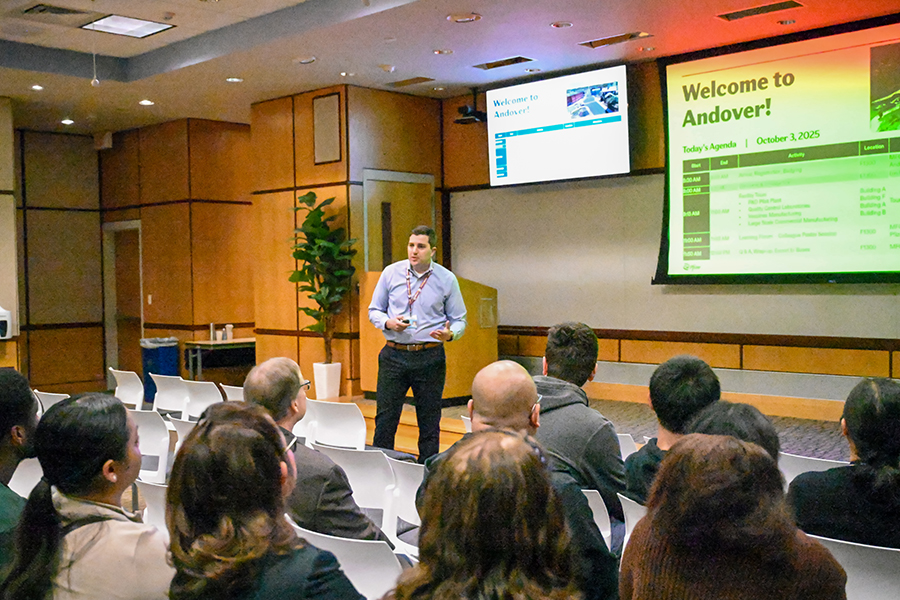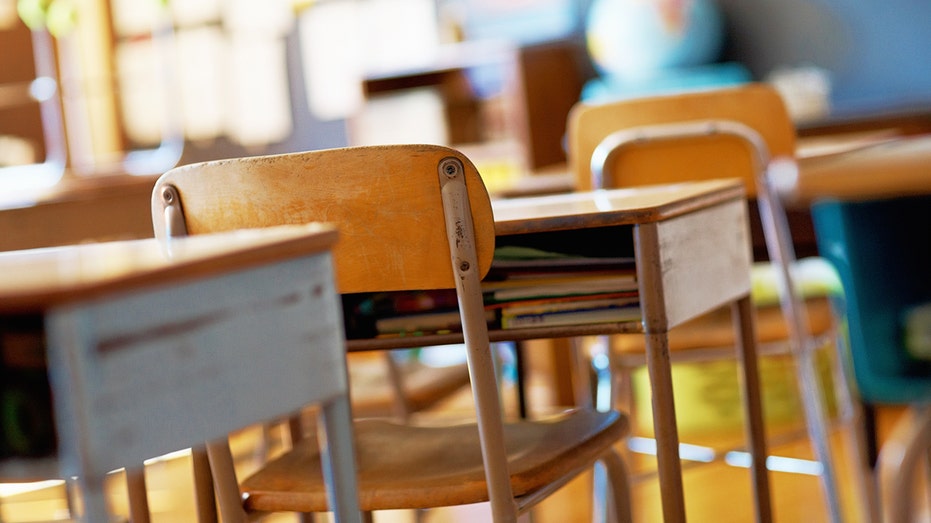Florida Governor Ron DeSantis has defended a new law permitting certain charter schools to request free space within public school buildings. Signed into law on March 15, 2024, this legislation aims to expand opportunities for students who have struggled in traditional public schools. DeSantis and Republican lawmakers argue that these “schools of hope” will create pathways to success for disadvantaged students.
Critics, including some Democrats and school district officials, have raised concerns about provisions in the law that enable charter schools to occupy public school facilities without paying rent. Additionally, the charter operators would not bear costs for janitorial, cafeteria, and other essential services. At a news conference in Sarasota, DeSantis addressed fears expressed by local school leaders, asserting that the law is designed to improve educational outcomes in areas with poor-performing schools.
DeSantis stated, “I don’t think that’s true,” in response to claims that the initiative would negatively impact existing schools in Sarasota County. He emphasized the objective of attracting charter operators to underperforming areas, suggesting that utilizing existing school infrastructure would be economically beneficial. The law has already encouraged the Success Academy of New York City to expand into Florida, backed by a significant investment from billionaire Ken Griffin, who pledged $50 million towards its operations.
The Success Academy is not the only charter organization interested in this opportunity. Mater Academy has contacted multiple school districts, including those in Broward and Sarasota counties, seeking access to space in numerous schools. The implications of this law have sparked significant debate, particularly in regions like Sarasota, where local officials express apprehension over potential disruptions to their school systems.
Sarasota County Schools Superintendent Terry Connor has indicated that the situation is a “major concern,” while Liz Barker, a member of the Sarasota County School Board, described the law as a “hostile takeover.” Critics contend that the law undermines the stability of public education by allowing charter schools to encroach on resources that are currently utilized by established public schools.
State Representative Robin Bartleman, a Democrat from Broward County and former school board member, has voiced strong opposition to the legislation. She articulated that the new law could significantly harm public education, stating, “This is incredibly dangerous. It is the last nail in the coffin for public schools.” Bartleman pointed out that the law permits charter schools to demand space in high-performing schools, which may not have excess capacity to accommodate additional operations.
In her remarks, Bartleman highlighted the unfairness of the law’s provisions, likening it to a scenario where a business owner must surrender valuable space without compensation while still covering the operational costs. “Imagine owning a business and you have an extra room and someone says to you, you don’t need that room. We’re going to take that room,” she explained, emphasizing the financial burden this places on public schools.
State Senator Rosalind Osgood, also a Democrat and former school board member, reiterated that the discussion should focus on what is ethically right rather than merely on the merits of charter schools versus public education. “That’s not a business model that should ever be appropriate for any of us, no matter who’s doing it,” she stated.
Despite the pushback from various stakeholders, DeSantis remains optimistic about the impact of the law, asserting that it will ultimately lead to better educational opportunities for students. He concluded, “I think it’s going to work out well, and I think it’s just going to provide more opportunities.”
As the debate continues, the implications of this legislation will likely shape the landscape of education in Florida, raising questions about the future of public schooling and the role of charter institutions in the state.

